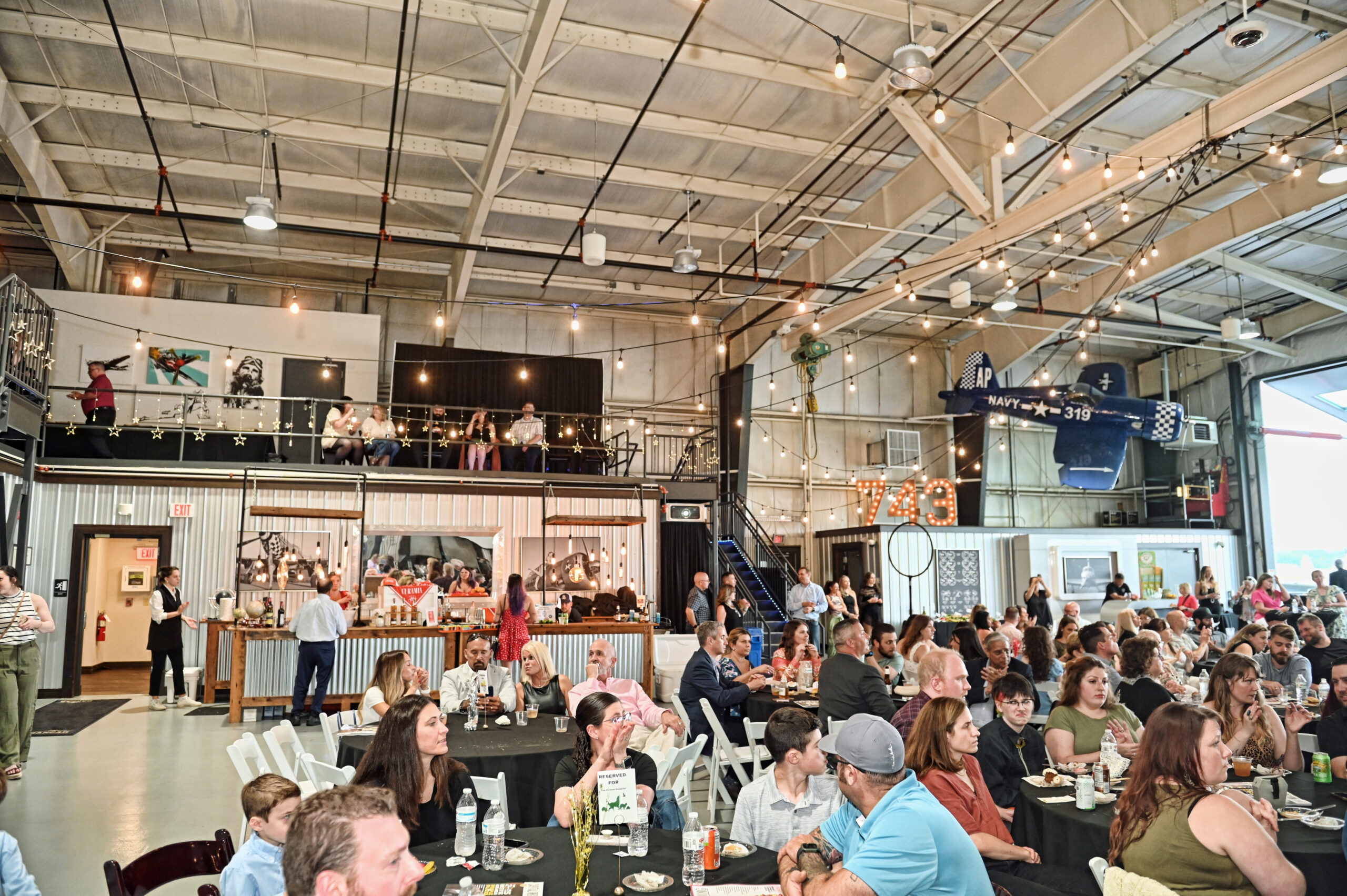If you’re reading this story while the COVID-19 pandemic is still going on, you’re no doubt sitting at home self-quarantining or social distancing. If you’re in the Capital Region, you’re probably sitting at just above sea level, having no trouble breathing or keeping warm.
But usually in April, hundreds of people are 7400 miles away in a makeshift camp nestled in the mountains of Nepal, wondering if they’re about to achieve their lifelong dreams or instead lose their lives trying. I’m talking about Base Camp Everest, the place where hikers gather each April to plot their path to the top of the world—Mount Everest (except for this one; Everest’s climbing season has been cancelled due to COVID-19).
At this moment some of you might be thinking, I don’t care about people who climb mountains, so I’m moving on from this essay, but I’d ask you to linger a bit longer, because I have a confession to make: I don’t really care about hiking either. What I do care about are people and love and the fact that something happened 24 years ago this month that some people still don’t know about. It’s a love story, times two, that deserves to be heard.
Every year, adventure seekers spend $75,000 to travel to Nepal and attempt to climb Mount Everest. It used to be a rare feat, only challenged by the most expert climbers, but these days anyone with a hefty bank account can write a check and pay a team to drag him or her up the mountain—or die trying.
Before Everest became a glorified theme park, it was a holy place that drew only the most serious people. In 1996, three teams of climbers traveled to Everest to attempt to summit the mountain, and disaster struck when a storm swept in, trapping the climbers too high up and taking eight lives.
I promised you a love story, so let me get to it. At the top of Everest that April was one of the strongest climbers in the world, a man named Rob Hall. He was trying to lead a team of people up to the top of Everest, including a mailman from Washington State named Doug Hansen. When you climb Everest, you’re always in danger, but especially near the very top. Because the air is so thin, it has been dubbed the “death zone,” and climbers have a short window to reach the summit and get back down before collapsing due to lack of oxygen. In ’96, Doug was near the top but out of time, meaning he should’ve turned around. Rob knew what it meant to be Doug, so he stayed with him and helped him reach the summit and achieve his dream.
On the way down Doug collapsed and could no longer move. As a storm moved in, the people down below told Rob over the radio that he needed to abandon Doug and save himself. Rob was married, with his first baby on the way, so he had every reason to heed their advice. Instead, he told them that he couldn’t just leave a person there to die. He then called his wife back home in New Zealand, told her he loved her, and the couple named their expected baby over the phone. That was the last anyone heard from Rob ever again.
I think about that moment for him, freezing to death and having to choose between saving his own life or staying with a friend. How many of us would choose to stay? Rob’s doing so was the ultimate act of love.
Farther down the mountain, another man on Rob’s team was also dying; a man named Beck Weathers. He’d collapsed and was unable to move, having been trapped in the storm. And the others had left Beck behind to die. He laid on the side of that mountain for a day, a night and another day with barely a pulse until, against all odds, somehow opened his eyes and saw his wife and children. They weren’t there, of course; they were back home in Texas. He was hallucinating, but he saw them urging him to get up and to please come home. Those who were there that day, huddled in the safety of their tents and unable to see six inches in front of their faces because of the storm, couldn’t believe their eyes when Beck marched into camp like a frozen zombie. A helicopter rushed him to a hospital; frostbite cost him his nose and hands. Still, he was alive.
Later, when Beck was asked how it was possible that he survived a storm that killed everyone else, he said simply, “love.” Love for his family. Love for his life, which he didn’t want to end.
By now, you may be wondering what any of this has to do with you. To that I would ask, what mountain are you climbing? What dream are you chasing? And what price are you paying to pursue it? I’ve met people putting in 60 hours a week to get the next promotion at work, at the expense of their families. Beck Weathers will tell you Everest was his dream when his dream should’ve been his wife and kids, and it wasn’t a helicopter but love that ultimately got him home.
As for Rob Hall, his body remains just 430 feet from the top of Mount Everest to this day. It’s fitting that a man who sacrificed his life for a friend would find eternal rest so close to the heavens.








